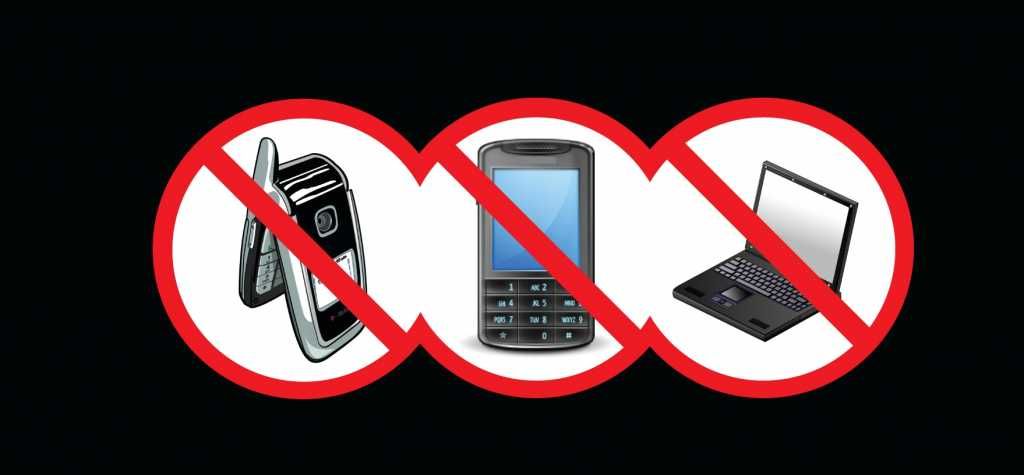I spend so much time focusing on the negative in this column and not enough focusing on the positive, on the potential solutions to many of our emotional and behavioral problems today. I guess I have felt that many of our problems lie in areas of life that are not usually taken into account in trying to deal with the problems and, therefore, these areas had to be unpacked as thoroughly and as extensively as possible. Nevertheless, I feel that now is a moment to dedicate some time to the type of life experience to which we should aspire in terms of making our lives more healthy.
The terms organic experience, natural experience, immediate experience and primary experience have been used to describe the kind of life experience we are increasingly losing as natural environments and more traditional living environments get converted to farms, as farmland gets converted to shopping centers, housing developments and other kinds of more heavily inhabited areas, and most important as more and more of what we do gets mediated by modern technology. What we have lost is not only primary sources of organic stimulation – what I have also call flowing blendable continual stimuli – but also opportunities for intense interactions with the organic phenomena that surround us in the external world. These sources of organic stimulation require a sense of surrender and immersion on the part of people in order to absorb them and experience them. But people in modern technological society are so used to the modalities of control and manipulation and so afraid of the sense of vulnerability that would come with the postures of surrender and immersion, that it is very difficult for them to fully open up to this posture even when organic stimulation and opportunities for intense intimate interactions are available. People today feel much more comfortable with postures of control and manipulation that come with the defined discrete technological stimuli that they have created in order to protect themselves from the dangers of organic perishability that are found in nature. All the natural catastrophes: the hurricanes, earthquakes, tornadoes, floods, droughts, and famines; the wild animals and diseases – these are what have motivated human beings to create the technology that protects them from these random dangerous natural experiences.
Unfortunately, the protections that humans have developed have led to throwing the baby out with the bath waters. Humans are becoming increasingly incapable of and uncomfortable with the intense intimate interactions that are the means by which they apprehend primary experience, the organic experience that is something they so desperately crave because it forms such an integral part of their life narratives as human beings. It is almost as if humans have developed an auto-immune response to something that is intrinsically a part of their lives, turning against an aspect of their lives that they need in order to survive.
In other words, our superficial adaptation to modern technology has come at a significant price. We no longer feel very comfortable with that with which we should feel comfortable. So re-adjusting to that which used to be the foundation of human existence will not be easy. Yet if we want to survive as a human race, it has to be done. If there aren’t a lot of opportunities for organic experience, they have to somehow be created. Not only more patches of nature and more traditional architecture in which to move around, but also more physical activities that involve simple tools and simple toys. Gradually weaning ourselves from the mediated frictionless screen realities of movies, television, video games, computers, smartphones and tablets. And also the increasingly prevalent mediated frictionless virtual reality games. Little by little, getting more and more involved in sports, gardening, art, music, hiking, social clubs, community service groups and other kinds of hobbies and avocations. Activities that help us to pull out of the sensory distortion that is so much a part of our living environments today and our daily lives.
Changing our states of mind, our consciousnesses, won’t happen all at once. And anyway we aren’t going to be able to get to the levels of primary experience that our ancestors had, if only because primary experience is probably not going to create any kind of foundation for the economic survival of most of us in the foreseeable future. Our desire to immerse ourselves more in organic experience will be based on free choice and not necessity.
One could imagine at least one way in which the mediated experience of technology may even ultimately lead to our immersing ourselves in new kinds of immediate experience. I am thinking of how technology in the form of space ships could lead to an extensive exploration of outer space, our solar system and other solar systems. Humans have already gone to the moon and lived on space stations. Soon we will go to Mars and who knows where else. Maybe we will end up destroying our planet in the process of protecting ourselves from the organic perishability of nature. And then we will have to move to other faraway planets, in order to survive. Ideally, we will try to find planets with similar atmospheres and similar climates, so that we don’t have to walk around in space suits all the time, which, of course, we would have to use on Mars.
Maybe humans, in order to escape a dying earth, will have to fly around in the mediated experience of large space ships that are ample enough to serve as space communities, as we search for hospitable planets. Sort of like what we see on science fiction movies and television series. This would be one of the uses of modern technology that I would strongly applaud. Mediated experiences in the service of primary experience. Not something that is possible very often.
In the meantime, we have to get creative in generating good sources of primary experience here on good old planet earth. Our survival depends on it.


Artículos Relacionados: